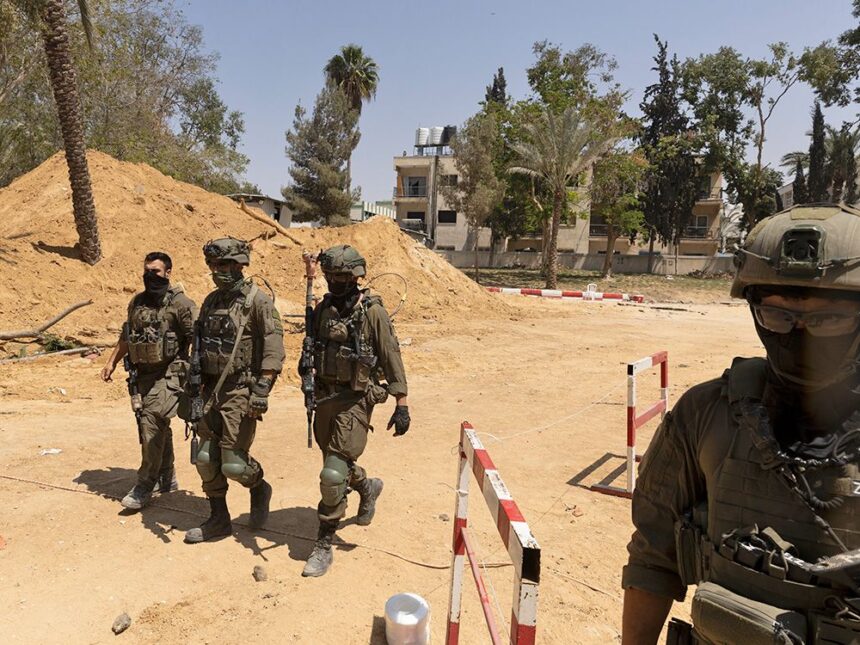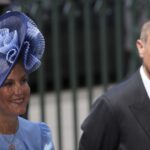The Royal Canadian Mounted Police has ignited a firestorm of controversy after confirming an investigation into potential war crimes committed by Canadian citizens serving in the Israel Defense Forces (IDF). The probe, revealed this week through internal communications obtained by media outlets, has drawn sharp criticism from Jewish organizations across Canada who view it as a troubling development amid rising antisemitism.
“This investigation sends a chilling message to Canadian Jews at a time when our community already feels increasingly vulnerable,” said Michael Levitt, president of the Friends of Simon Wiesenthal Center, in a statement released Thursday. “The notion that Canadian citizens serving in Israel’s military are being scrutinized for potential war crimes while Hamas terrorists receive no such treatment reflects a deeply disturbing double standard.”
The RCMP investigation comes in response to complaints filed by pro-Palestinian groups alleging that Canadians serving in the IDF may be complicit in violations of international law during the ongoing conflict in Gaza, which began after Hamas’ October 7 attack on Israel. According to CO24 News sources, approximately 75 to 100 Canadian citizens are currently serving in various IDF units.
Legal experts remain divided on the jurisdictional and evidentiary challenges facing such an investigation. Under Canada’s Crimes Against Humanity and War Crimes Act, Canadian citizens can be prosecuted for alleged war crimes committed abroad, but establishing individual culpability requires substantial evidence.
“The legal threshold for prosecuting war crimes is exceptionally high,” explained Dr. Leila Armstrong, professor of international humanitarian law at York University. “Investigators would need to demonstrate that specific individuals knowingly participated in actions that violated the laws of armed conflict, not merely that they served in a military engaged in a controversial campaign.”
Jewish advocacy groups have questioned the timing and selective nature of the investigation. B’nai Brith Canada CEO Michael Mostyn characterized the probe as “unprecedented targeting” of Canadian Jews who exercise their legal right to serve in the Israeli military through dual citizenship. “We’ve never seen similar investigations targeting Canadians who have joined other foreign militaries involved in contested conflicts,” Mostyn told CO24 Politics in an exclusive interview.
The RCMP has maintained that the investigation follows standard protocol for allegations of this nature. In a brief statement, RCMP spokesperson Sergeant Marie-Ève Breton said, “The RCMP is obligated to investigate credible allegations of serious crimes that fall under Canadian jurisdiction, regardless of where they occur or who is involved.”
Meanwhile, pro-Palestinian organizations have defended the investigation as necessary accountability. “International law applies to all parties in conflict,” said Omar Shaban of Canadians for Justice and Peace in the Middle East. “If Canadian citizens are participating in operations that involve potential violations of the Geneva Conventions, that merits investigation under Canadian law.”
The controversy unfolds against a backdrop of escalating tensions on Canadian university campuses and intensifying debate over Canada’s response to the Israel-Hamas conflict. Prime Minister Justin Trudeau has attempted to balance support for Israel’s right to self-defense with humanitarian concerns for Palestinian civilians, a position that has satisfied few on either side of the debate.
Legal observers note that any potential prosecution would face significant hurdles. “Beyond gathering evidence from an active war zone, prosecutors would need to overcome jurisdictional challenges and questions about whether Canadian courts are the appropriate forum for such cases,” said former Justice Department lawyer Elizabeth Warren, who specialized in international criminal law.
As the investigation proceeds, the fundamental question remains: can Canada effectively and impartially apply its war crimes legislation in the context of the Israeli-Palestinian conflict, or does this probe reflect a troubling selectivity in how international humanitarian law is enforced? The answer may shape not only our legal approach to foreign conflicts but also the future of multicultural harmony within Canadian society itself.










